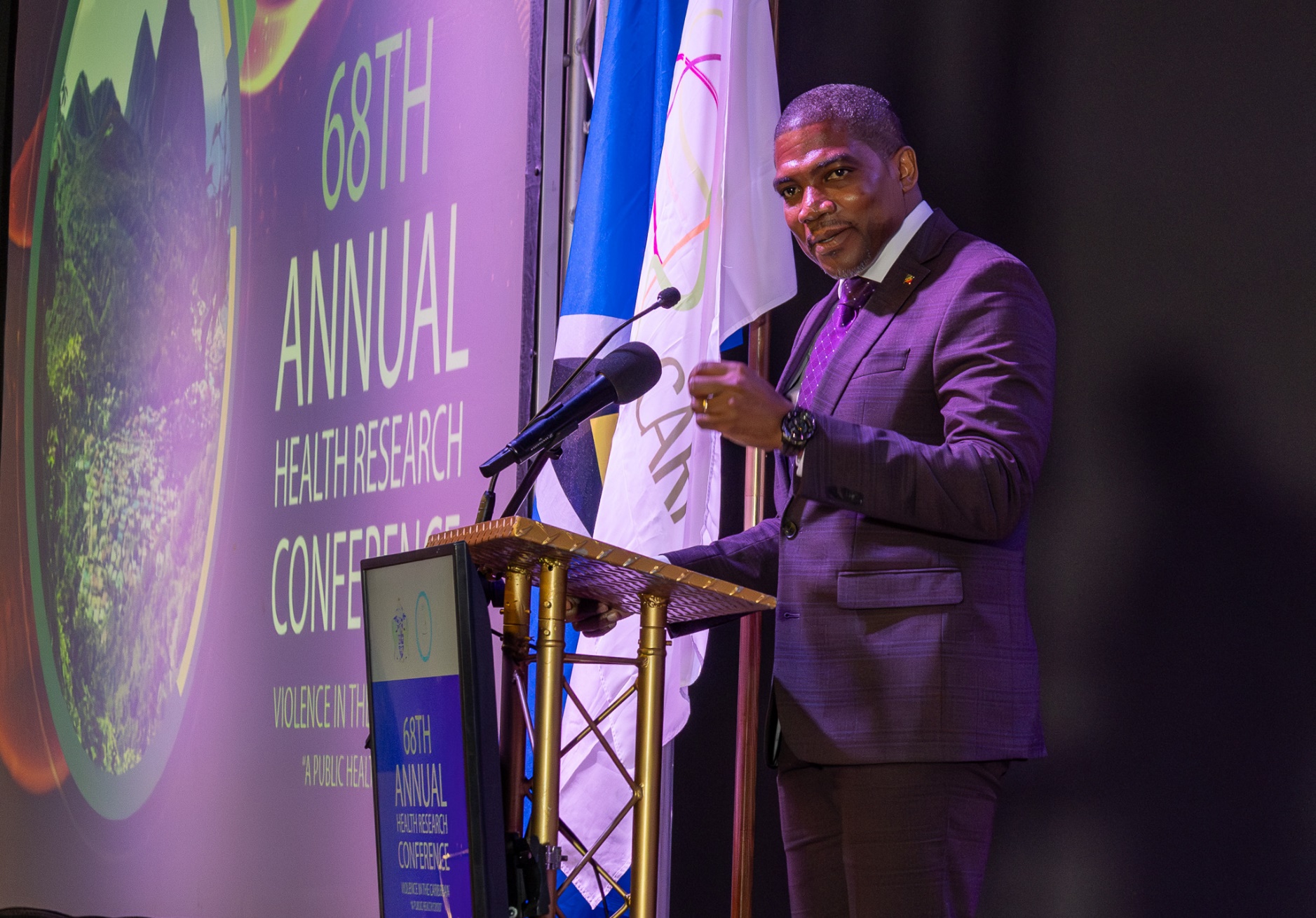By Dr César Núñez
KINGSTON, Jamaica, Nov 26 2016 – This week Prince Harry started his second official visit to the Caribbean. Importantly, he’ll be commemorating World AIDS Day on December 1 with us here in the region.
Prince Harry is among the new guard of global HIV ambassadors. In July he took to Facebook Live to do an HIV test. More than two million people watched as he confessed to being nervous before having his finger pricked. There was a surge in HIV testing in the United Kingdom as a result. The following week the prince travelled to the International AIDS Conference in Durban where he advocated on behalf of young people living with HIV, urging the global community not to become complacent.
This visibility is critical at a time that the world has made a commitment to end AIDS by 2030 as part of the Sustainable Development Goals. That target isn’t as far-fetched as it sounds, especially for the Caribbean. We now have the tools to achieve epidemic control. We must ensure that people living with HIV know their status early and get on treatment early. The earlier a person living with HIV is diagnosed and starts treatment, the sooner his viral load can be reduced to levels that nearly eliminate the risk of passing the virus on to someone else. At the same time, targeted work must continue to prevent new infections and safeguard the human rights of people infected with, and affected by, HIV.
To achieve this we are going to have to address our challenges with laser focus. We should ask ourselves, who is currently being left behind? In much of the Caribbean, one of the answers to that question is: ‘men’. In several countries including Antigua and Barbuda, Barbados, Guyana and St. Lucia, the HIV epidemic is male dominated. Men are more likely to take risks and less likely to get tested early. They too often go to the doctor only when their health is in serious decline and by that time they would have infected others.
According to a 2016 Trinidad and Tobago report, while more females than males are showing up to get tested, more males are testing positive. In Belize two of every three HIV-related deaths in 2015 were among males. In Barbados men have even been designated a key population by the National HIV/AIDS Commission. They constitute two-thirds of AIDS diagnoses and more than 70% of related deaths.
But men often don’t think of themselves as being at risk. While in many Caribbean countries there are concentrated, often explosive, HIV epidemics among certain vulnerable groups, transmission rates among general populations are also relatively high. For example, a 2012 Jamaica study found that while men who have sex with men would account for one-third of new HIV infections, more than half of all new cases would be among heterosexuals in monogamous relationships and those having casual sex.
This week UNAIDS released its 2016 World AIDS Day report which urges stakeholders to address the HIV vulnerability people face at different points in their lives. The report notes that throughout the world HIV programmes are failing to engage men. We know that cultural norms about masculinity lead men to take more risks relating to everything from sex to speed to alcohol. They also make men reluctant to seek medical care. Women use more healthcare services during their reproductive years when the HIV risk is highest. Unfortunately too many men stay away from health services during this important period.
And so we need more men talking to men about their health. Caribbean men need to know that getting an HIV test is one way in which they can man up, taking responsibility for themselves, their sexual partners and their families. Starting and staying on HIV treatment isn’t a sign of weakness. If you are living with HIV knowing your status early and starting treatment will make you stronger, healthier and better able to live a productive life.
Prince Harry is an excellent advocate but we need influential Caribbean men onboard—Prime Ministers, business leaders, soca and chutney singers, dancehall and reggae artists, sports stars. We need a groundswell to show boys and men that there’s nothing unmanly about health.
Dr César Núñez is UNAIDS Latin America and Caribbean Regional Support Team Director – @CesrNunez




